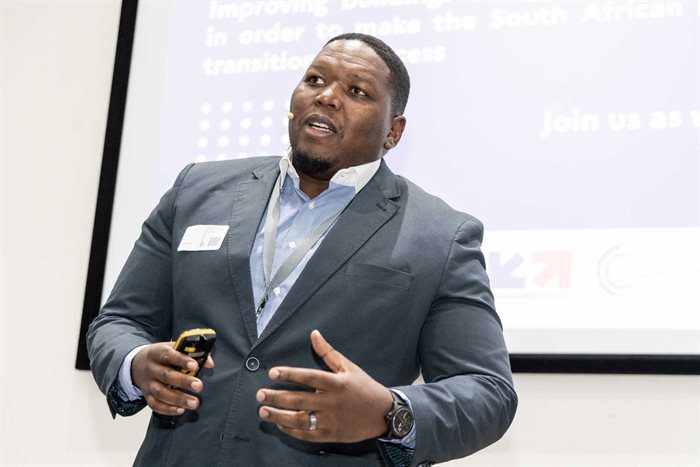
This is a significant number and bodes well for a future where we will have cities that are intelligent, clean, sustainable and, importantly, provide a high quality of life to citizens. But, as with each historic, potentially life-altering movement, the building blocks must first be laid.
A strong, smart city foundation is built on a strengthened grid which is a dynamic, intelligent, automated power system. Here, many countries will need major investment and commitment to lay this all-important block.
Second, and in parallel, is collecting and analysing data from our infrastructure and people, and converting the analytics into actionable insights, will help shape smart cities.
Fortunately, the collection of data is accelerated by the internet of things (IoT). At its most basic, managing city infrastructure is about sensing and actuating. IoT adds scale and intelligence and allows cities to become truly smart.
For example, sensors, enabled by IoT, can alert operators to how busy street corners and building occupancy are and manage traffic lights and alerts timeously. Blocks of buildings and subsequent traffic can be allocated certain timeslots to leave (for home), which will alleviate congestion and make the drive far less stressful.
Empowering urban citizens with the ability to opt into data such as this would make decision-making far less intimidating, not to mention how much more efficient they could be with their time.
By adopting IoT, cities can benefit from a reduction in both the cost of connectivity and data transmission, as well as the cost and power requirements of sensors.
Smart cities put data and digital technology to work to make better decisions and improve the quality of life. Indeed, comprehensive, real-time data will provide cities and operators the ability to watch events as they unfold, understand how demand patterns are changing and respond with faster and lower-cost solutions.
There are three layers that enable and truly represent a smart city:
Simple transformations - like encouraging people to use transit during off-hours, to change routes, to use less energy and water and to do so at different times of the day, and providing reliable data to citizens to reduce the impact of disease strains on the healthcare system through preventive self-care - can make a dramatic impact in the overall wellness of a population.
As Plato quite rightly said: “This city is what it is because our citizens are what they are.”